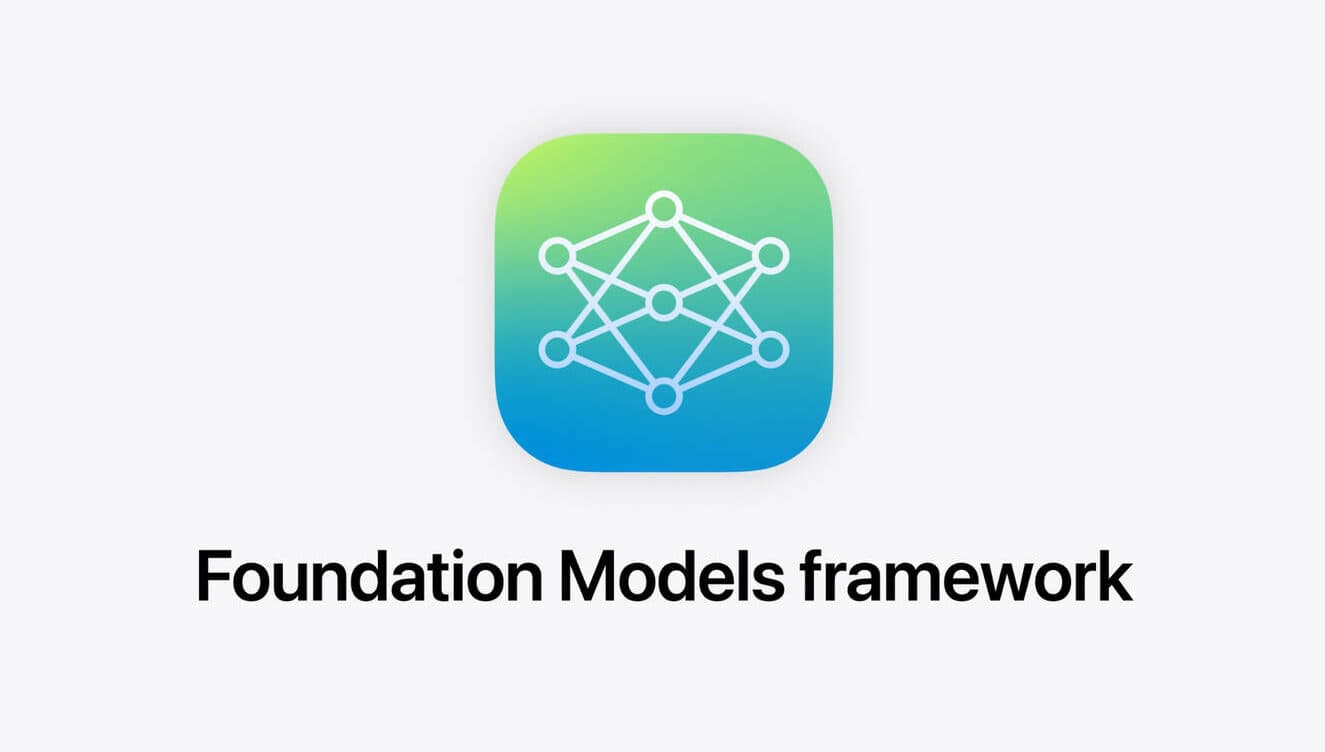We're loading the full news article for you. This includes the article content, images, author information, and related articles.
Apple unveiled its Foundation Models framework at WWDC 2025, enabling developers to integrate powerful on-device AI capabilities into apps, emphasizing privacy and offline functionality. This strategic move aims to differentiate Apple in the AI landscape and foster a new generation.

Cupertino, CA Apple took a significant step into the generative AI arena at its Worldwide Developers Conference (WWDC) 2025, unveiling its new Foundation Models framework. This groundbreaking initiative is designed to allow third-party app developers to harness the power of Apple's sophisticated on-device AI models directly within their applications, signaling a major push towards privacy-centric and offline-capable artificial intelligence.
The Foundation Models framework is designed for ease of use, supporting Swift and allowing developers to access sophisticated AI capabilities with minimal code. Apple VP Craig Federighi showcased potential applications, such as creating personalized quizzes for educational apps or enabling more intuitive content creation tools, all functioning seamlessly even without an internet connection. This on-device approach not only enhances user privacy by keeping data localized but also promises faster response times and more reliable performance for AI-driven features. Companies like Automattic (WordPress) and AllTrails are reportedly already exploring integrations.
Apple's focus on on-device AI positions it uniquely against competitors who primarily offer cloud-based AI solutions. This strategy leverages Apple's integrated hardware and software ecosystem, potentially creating a new battleground for AI dominance centered on user experience, privacy, and developer enablement. By providing these tools, Apple aims to maintain control over the AI experience on its platforms, ensuring it aligns with its core values. The move also addresses growing concerns about data sovereignty and the computational costs associated with large-scale cloud AI. The framework is currently available for testing through the Apple Developer Program, with a public beta anticipated next month.
This development is a clear indication of a broader trend where major technology companies are not just competing on AI applications but are vying for control over the entire AI stack, from foundational models to developer ecosystems and the underlying hardware. Apple's push for on-device processing highlights a potential bifurcation in the AI market, where the demand for massive cloud computation coexists with a growing need for private, low-latency, and offline AI capabilities, reshaping how intelligent applications are built and deployed globally.
Keep the conversation in one place—threads here stay linked to the story and in the forums.
Sign in to start a discussion
Start a conversation about this story and keep it linked here.
Other hot threads
E-sports and Gaming Community in Kenya
Active 9 months ago
The Role of Technology in Modern Agriculture (AgriTech)
Active 9 months ago
Popular Recreational Activities Across Counties
Active 9 months ago
Investing in Youth Sports Development Programs
Active 9 months ago